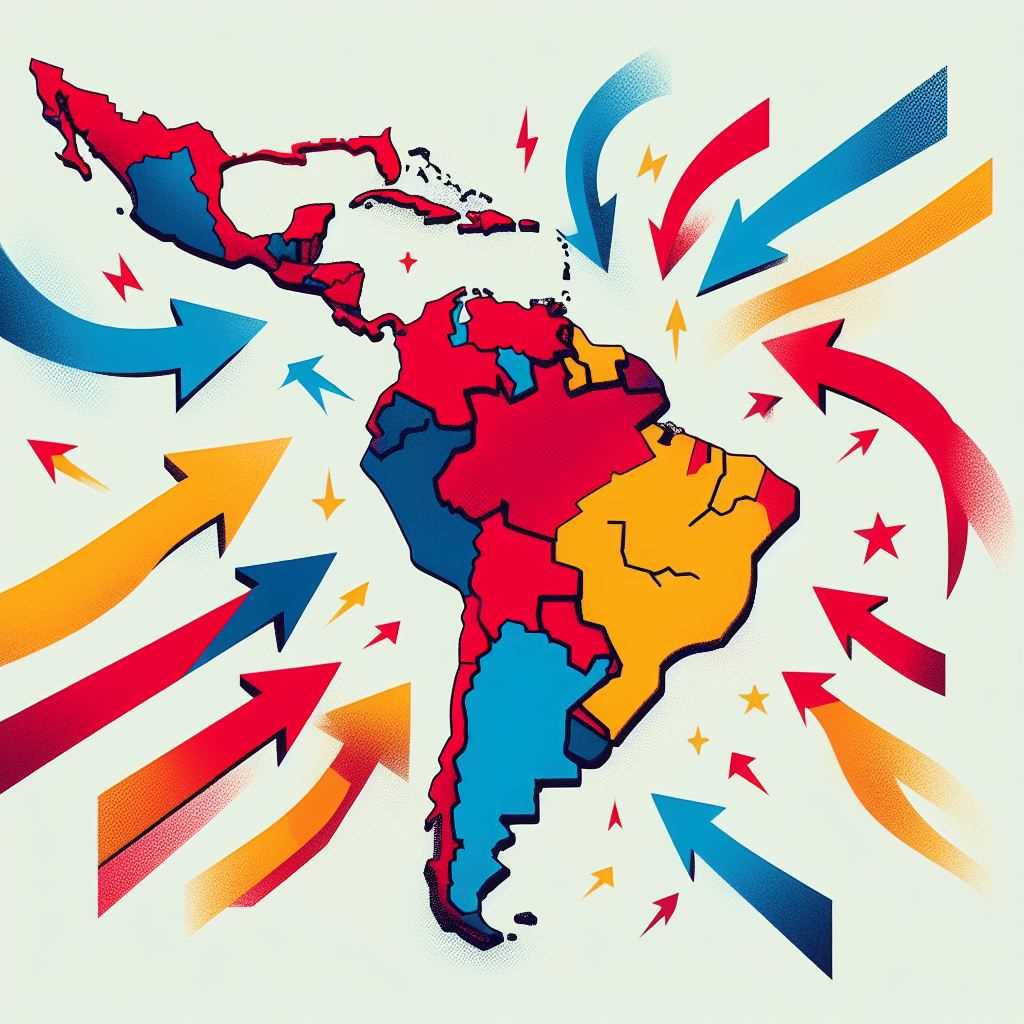Latin American Elections and the Shifting Political Landscape
Global electoral fervor ignites as 75 nations prepare for landmark elections. Latin America shifts left, with exceptions like Milei's Argentina. El Salvador's Bukele tests democratic boundaries. Europe faces right-wing resurgence. Biden grapples with Trump's shadow.

In the unfolding drama of global politics, 2024 emerges as a pivotal year, marked by the reverberations of electoral choices across continents. As Professor María Cristina Rosas González aptly forecasts, this year's electoral battlegrounds encompass an unprecedented 75 countries, engaging an estimated four billion voters worldwide. Against the backdrop of this electoral spectacle, Latin America emerges as a place of both tradition and transformation, where political tides ebb and flow with the pulse of democracy.
In this display of democracy, nations across Latin America are poised to elect their next leaders. From the sun-drenched shores of El Salvador to the vibrant plazas of Buenos Aires, the region pulses with the anticipation of political change. Yet, amidst this anticipation lies a narrative of divergence, a tale of ideological currents pulling nations in divergent directions.




